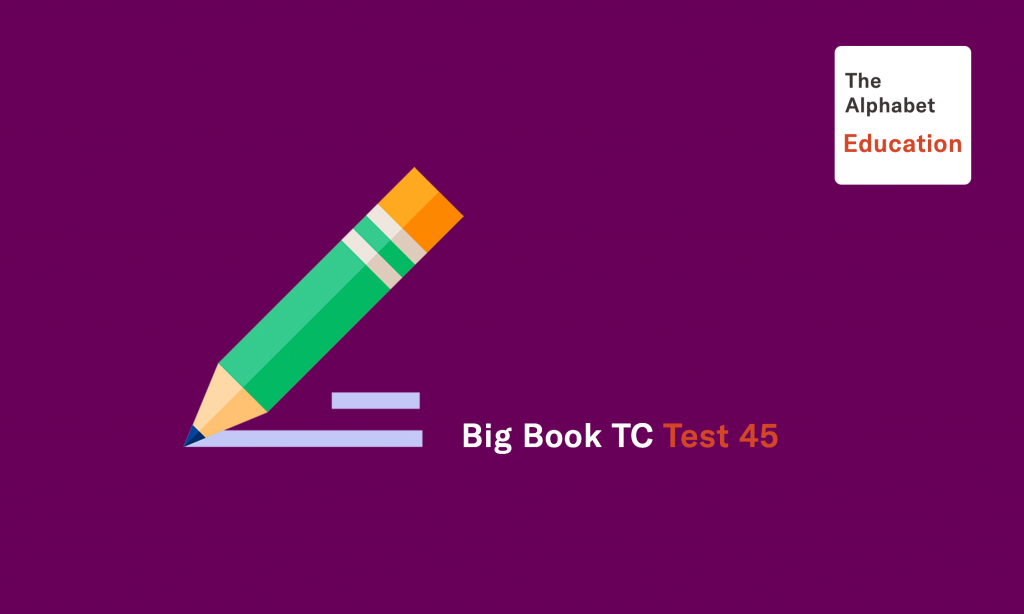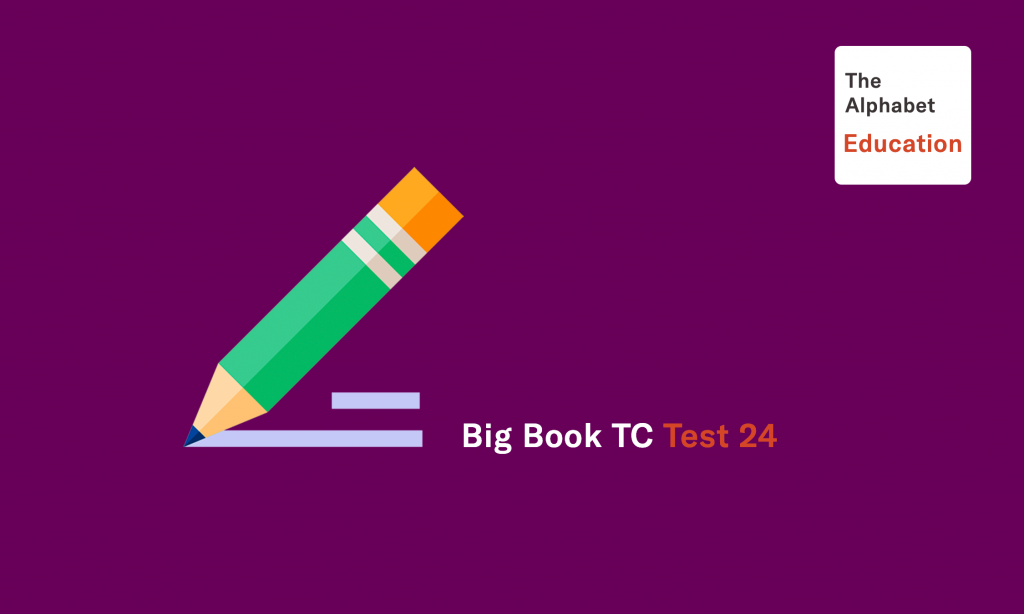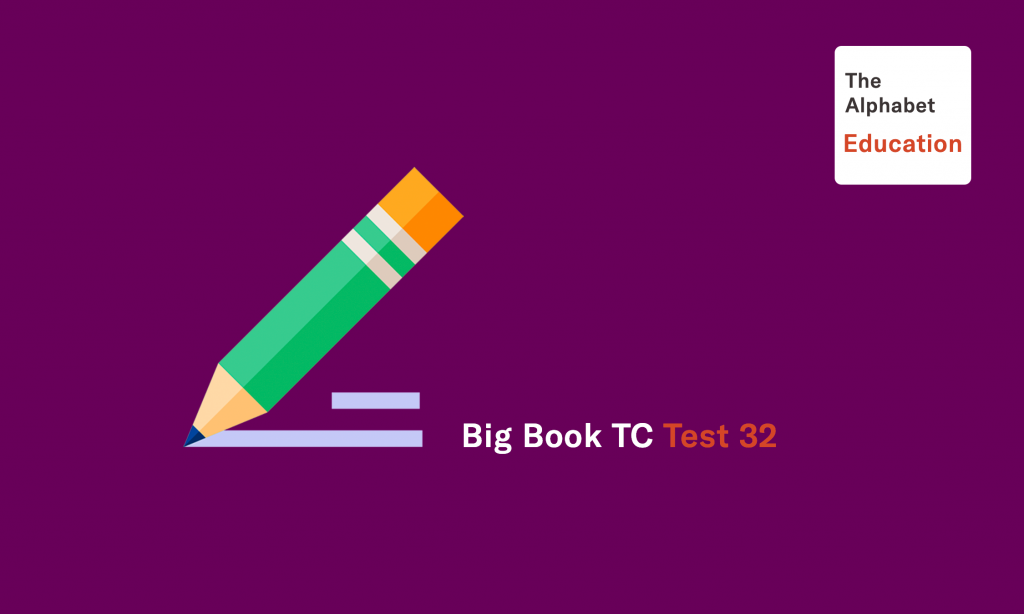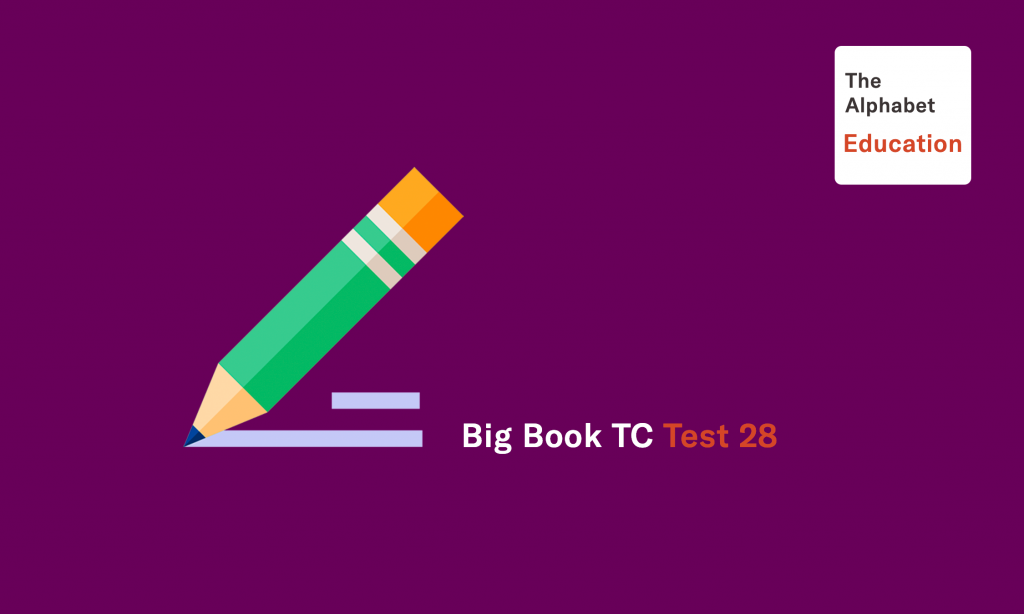GRE Critical Reasoning
Critical Reasoning questions test the ability to understand, analyze, and evaluate arguments. Some of the abilities tested by specific questions include identifying the roles played by specific phrases or sentences in an argument, recognizing the point of an argument, recognizing assumptions on which an argument is based" drawing conclusions and forming hypotheses, identifying methods of argumentation, evaluating arguments and counter-arguments, and analyzing evidence.
Each of the Critical Reasoning questions is based on a short argument, a set of statements, or a plan of action. For each question, select the best answer of the choices given.
Because they were anxious to balance Wyoming’s population of 8,000 men and 2,000 women, the state’s lawmakers extended voting rights to women in Wyoming in 1869.
#1
Researchers have discovered a new poison, bromethalin, that is lethal to all rats, even to those species that have become immune to other poisons, as well as to those rats that eat only the most minute quantities. Tests have demonstrated that rats will not learn to avoid bromethalin and that carcasses of rats killed by bromethalin pose no threat to the well-being of other animals.
#2
If carbon dioxide gas is generated in large enough quantities, it will collect in the atmo- sphere and cause an unwelcome warming effect on climate.
The decay of plants, including trees, generates carbon dioxide, but in forests such carbon dioxide is balanced by the carbon dioxide taken in by living plants, which give off oxygen.
The use in industry of fuels derived from plants generates a large amount of carbon dioxide; such fuels include wood, coal, and oil.
#3
The ratio of divorces to marriages has increased since 1940. Therefore, there must be a greater proportion of children living with only one natural parent than there was in 1940.
#4
Since the Airline Deregulation Act of 1978, major airline companies in the United States have cut their’ employee ranks by more than 3,000 persons. Thus, although deregulated competition has afforded consumers dramatically lower fares, the economy of the United States has been, harmed by deregulation of the airlines.
#5
Last year, support for the social and behavioral sciences represented only about three percent of the government’s total budget for research funds in the United States. Thus, the particularly sharp reductions imposed on such programs this year seem dictated not by financial constraints but by social philosophy.



